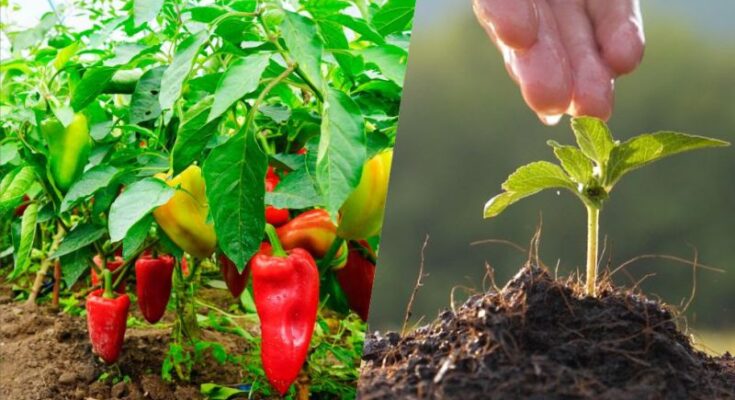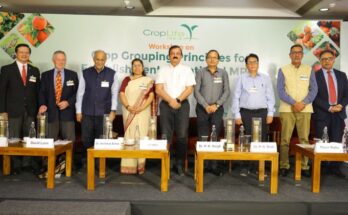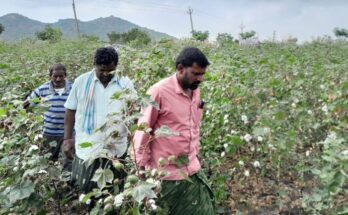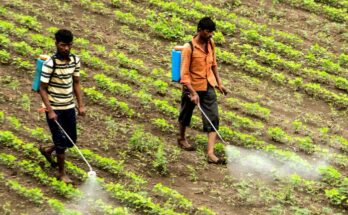CropLife India, an association of crop science companies has welcomed Government of India for releasing the Standard Operating Procedure (SOP) for use of drone application for crop protection in agricultural, forestry and non-cropped areas. This SOP will render guidance to the stakeholders involved in undertaking safe and effective control of pests and diseases by drone-based pesticide application.
Welcoming the move, Asitava Sen, Chief Executive Officer, CropLife India said, “It is indeed a proud moment that the transparent deliberations within Department of Agriculture, Central Insecticide Board and Ministry of Civil Aviation and industry experts have resulted in the pragmatic SOP and Guidelines for Registration requirements; in an exemplary schedule. These guidelines will now be studied and set the benchmark for ongoing engagements in other Asian countries. Very glad to share that CropLife was given an opportunity to actively participate in several deliberations while framing up these SOPs.”
CropLife India has been advocating the need for fast-tracking drone application for spraying of agrochemicals for quite some time. The discussions held during the Virtual Conference on Drones Application Technology in Spraying for Crop Protection organised on July 29, 2020 and the Technical Discussion Paper on Drone Usage for Agrochemical Spraying were greatly appreciated in the consultation process.
You may also like to read: Omnivore’s latest impact reports highlight progress in climate-smart agriculture in India
“As the guidelines for registration requirements of pesticides for drone application has also been released simultaneously, we now urge the agrochemicals industry to initiate the necessary trials, apply for product registration and collaborate with drone manufacturers and service providers for the benefit of the Indian farmers. The several benefits of drones application include increased efficiency and precision leading to improved pest management and crop productivity; significant reduction in risk of operator exposure; lower water consumption and new skill development and entrepreneurship potential in rural India. Such a technology deserves quicker adoption and ease of doing business to prevent delays, Sen added.
The SOP for use of drone application for crop protection covers important aspects like statutory provisions, flying permissions, area distance restrictions, weight classification, overcrowded areas restriction, drone registration, safety insurance, piloting certification, operation plan, air flight zones, weather conditions, SOPs for pre, post and during operation, emergency handling plan among other areas of operations.
Few of the attractive features of the pragmatic and relaxed guidelines for registration requirements of pesticides for drone application are: 1) only phyto-toxicity data generation on the approved crop for one season two different agro-climatic conditions, where the target crop is cultivated – If critical Good Agriculture Practices (cGAP) e.g. AI dose/ ha, Pre harvest Interval (PHI) and a number of applications are within a recommended range of conventional spray; and 2) a standardised protocol for conducting the phytotoxicity studies.




